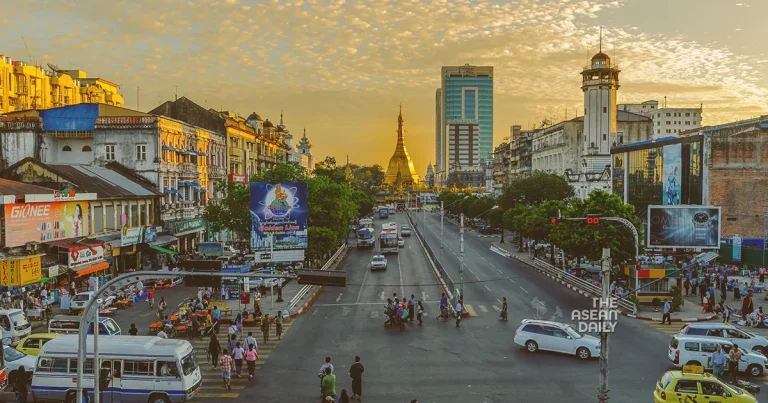19-12-2024 (BANGKOK) Senior diplomatic sources have revealed that Myanmar’s contentious plans for a 2025 election amidst ongoing civil unrest will likely take centre stage at Thursday’s regional talks in the Thai capital, where the nation’s junta-appointed Foreign Minister Than Swe will meet counterparts from neighbouring states.
The Bangkok discussions mark the first of two crucial regional gatherings this week, bringing together representatives from Myanmar’s immediate neighbours, including major powers China and India, alongside Bangladesh. A separate meeting of ASEAN member states is scheduled to follow.
The timing is particularly significant as Malaysia prepares to assume the chairmanship of ASEAN in 2025, inheriting the challenge of implementing the bloc’s thus far unsuccessful peace roadmap for Myanmar. The country has been mired in deepening turmoil since the military seized power in February 2021, sparking widespread pro-democracy protests that evolved into a formidable armed resistance movement.
Despite facing significant military setbacks on multiple fronts and presiding over an economy in freefall, the junta remains steadfast in its determination to proceed with elections in 2025. The planned polls have been widely dismissed by critics as lacking credibility, particularly given the regime’s wholesale banning of numerous political parties.
“The military government is clearly seeking to legitimise its position through these elections,” noted a senior regional diplomat speaking on condition of anonymity due to the sensitive nature of the discussions.
Thai officials have characterised Thursday’s talks as informal consultations focusing on border security and transnational crime issues. However, the broader ASEAN meeting scheduled for Friday will address the bloc’s “Five Point Consensus” peace framework for Myanmar.
Adding another layer of complexity to the diplomatic landscape, Malaysian Premier Anwar Ibrahim has appointed former Thai Prime Minister Thaksin Shinawatra, father of current Thai leader Paetongtarn Shinawatra, as his personal advisor on Myanmar affairs. Thaksin, a prominent business tycoon, has previously expressed interest in mediating the Myanmar crisis.
However, the exclusion of Myanmar’s opposition forces from these discussions has drawn criticism from regional observers. “The current diplomatic approach lacks transparency and risks further complicating dialogue efforts,” argues Dr Thitinan Pongsudhirak, a prominent political analyst at Chulalongkorn University in Bangkok.
China’s backing of Myanmar’s proposed political transition and electoral timeline has emerged as a significant factor, whilst Thailand’s leadership has advocated for increased engagement with the military government in Naypyidaw ahead of the planned polls.
Attempts to reach Myanmar’s military spokespersons for comment on the electoral discussions were unsuccessful.




